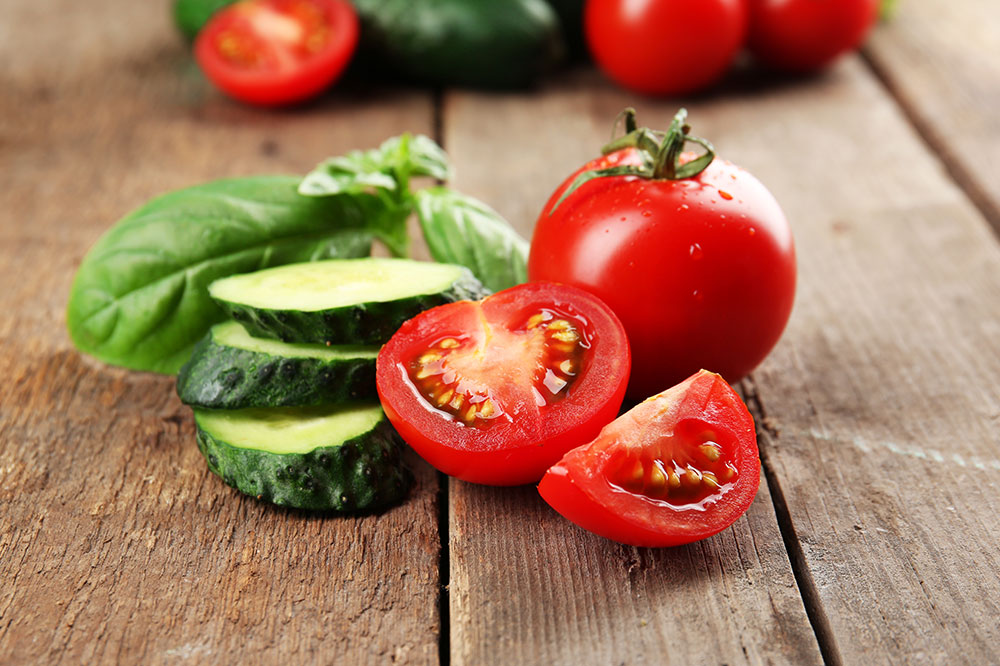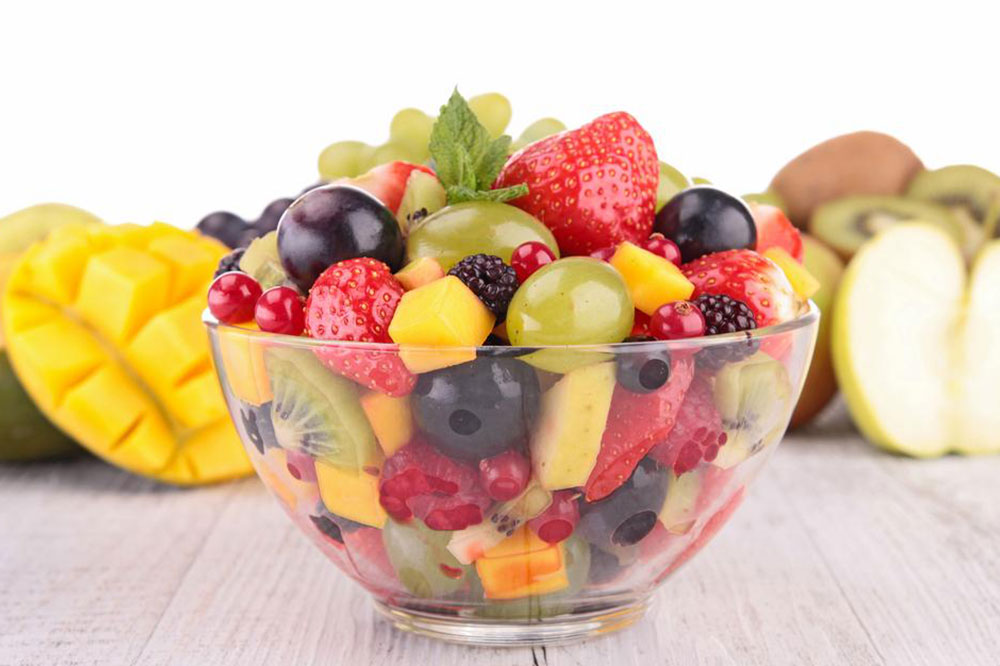Comprehensive Nutritional Strategies to Support Kidney Cancer Treatment and Recovery
Discover comprehensive dietary strategies tailored for kidney cancer patients, emphasizing nutrient-rich foods, hydration, and lifestyle tips to support treatment and recovery. Learn how proper nutrition can boost immunity, reduce inflammation, and promote healing during cancer management.

Essential Dietary Guidelines for Kidney Cancer Patients
Managing kidney cancer requires a multifaceted approach that combines medical treatment with optimal nutritional support. Proper diet plays a crucial role in enhancing immune function, maintaining energy levels, and promoting overall well-being during the journey of cancer management. It is vital for patients to understand which foods can support their health and which should be avoided to prevent complications or interference with treatment. Consulting healthcare professionals and registered dietitians ensures personalized and effective dietary planning tailored to individual health conditions.
Consuming a well-balanced diet rich in nutrient-dense foods can significantly influence treatment outcomes. Emphasizing the intake of fresh fruits, vegetables, and whole grains provides essential vitamins, minerals, and dietary fiber that boost immunity and promote healing. Fruits like berries, oranges, and apples supply antioxidants that combat oxidative stress, a common concern among cancer patients. Vegetables such as leafy greens, carrots, and bell peppers contribute vital nutrients that support cellular repair and immune regulation.
Incorporating high-quality protein sources such as lean poultry, eggs, and plant-based options like beans and lentils helps maintain muscle mass and tissue repair. For those who tolerate seafood, fatty fish like salmon, mackerel, and sardines are excellent choices for their anti-inflammatory omega-3 fatty acids, which can reduce inflammation and potentially improve treatment responses.
Whole grains, including oats, brown rice, and quinoa, offer sustained energy release and are rich in fiber, aiding bowel health and toxin elimination—key factors in supporting kidney health. Hydration is critically important; adequate water intake not only helps maintain fluid balance but also assists the kidneys in filtering out waste products and toxins effectively.
It is equally important to be mindful of foods that may pose risks or interfere with treatment. Patients should limit processed foods high in sodium, unhealthy fats, and preservatives, which can aggravate inflammation or hinder recovery. Additionally, some supplements and herbal remedies may affect cancer treatment, so prior consultation with a healthcare provider is necessary before making dietary supplements part of your routine.
Beyond diet, lifestyle factors such as avoiding excessive alcohol consumption, quitting smoking, managing stress, and getting regular moderate exercise can complement nutritional strategies to improve resilience against the disease. Overall, adopting a comprehensive, personalized nutritional approach can greatly contribute to better management of kidney cancer, enhancing quality of life and supporting ongoing treatment efforts.





